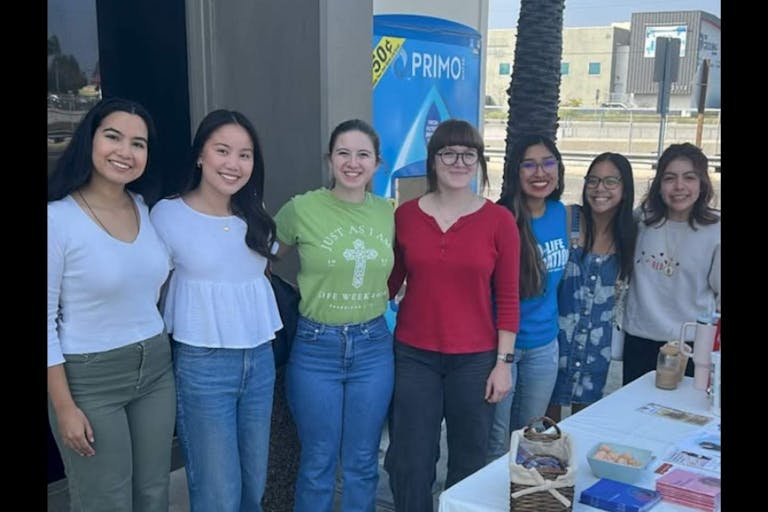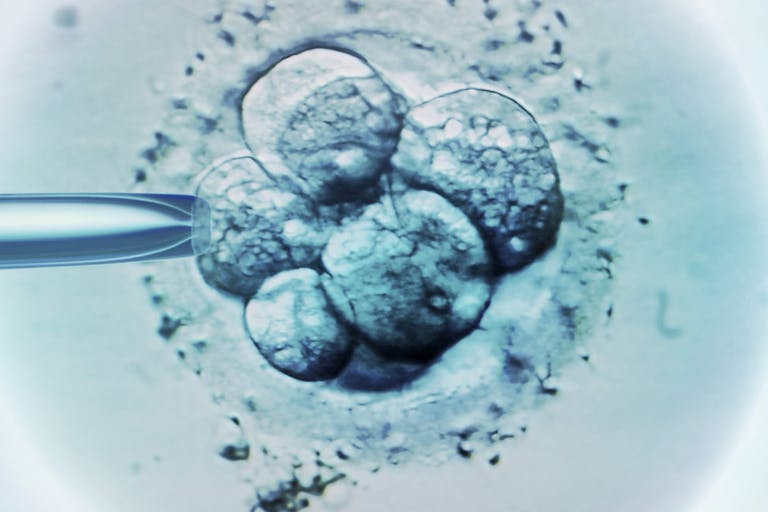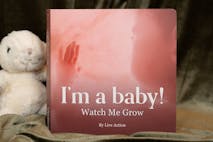
Christian college allows pro-life club after resolving 'misunderstanding'
Bridget Sielicki
·
Human Rights·By Nancy Flanders
Texas Supreme Court considers case asking for personhood for frozen embryos
The Texas Supreme Court is considering whether or not to take up the case of Caroline Antoun who is seeking personhood for her frozen embryos. The embryos are currently the property of Antoun’s ex-husband, Gaby Antoun, as the IVF contract had stated he would get custody in the event of a divorce. Antoun, however, is asking that the embryos be considered persons and placed in her custody.
The former couple had welcomed twins through IVF and kept three remaining embryos frozen. Antoun said she did not fully understand the gravity of the contract she had signed regarding embryo custody and had hoped that the Supreme Court’s decision overturning Roe v. Wade just five days before their divorce trial began would impact the judge’s decision and allow her to keep the embryos. She argues that Texas’ pro-life law protecting most children from abortion beginning at fertilization also protects frozen embryos. However, the end of Roe v. Wade did not change laws regarding frozen embryos or the IVF process — even in pro-life states such as Texas — and a judge ruled the embryos to be the property of her ex-husband.
“Now that Roe is no longer law, the Court has the opportunity to reclassify embryos as unborn children rather than property, and to, after far too long, recognize and protect the rights of those unborn children and their parents,” Caroline Antoun’s attorneys stated in their petition to the Texas Supreme Court.
Gaby Antoun’s attorney, Patrick Wright, however, argued that the case isn’t about abortion. “This is a family issue,” he said, “and if — and it’s a big if — the courts are getting involved, they’d be doing essentially the thing that has been complained about for years, which is adding something that’s not there.”
READ: Illinois House passes bill claiming abortion is a ‘stabilizing treatment’ in emergency
Article continues below
Dear Reader,
Have you ever wanted to share the miracle of human development with little ones? Live Action is proud to present the "Baby Olivia" board book, which presents the content of Live Action's "Baby Olivia" fetal development video in a fun, new format. It's perfect for helping little minds understand the complex and beautiful process of human development in the womb.
Receive our brand new Baby Olivia board book when you give a one-time gift of $30 or more (or begin a new monthly gift of $15 or more).
The American Society for Reproductive Medicine wrote an amicus brief in support of Gaby Antoun, stating, “Recognizing ‘personhood’ status for a frozen embryo, as requested by Petitioner, would upend IVF in Texas.” The group argued that to do so would “inject untenable uncertainty into whether and on what terms IVF clinics can continue to operate in Texas.”
In Alabama, the state Supreme Court recently determined that frozen embryos qualify as children under the state’s Wrongful Death of a Minor Act, allowing parents in the state to file a lawsuit if their embryos are destroyed accidentally or without their consent. Some fertility clinics in the state halted IVF procedures as a result, though the ruling did not prohibit IVF, and only allowed parents to sue for damages should their embryos be wrongfully destroyed.
In reality, the destruction of any human embryo is wrong and unethical. From the moment of fertilization, every human life deserves to be protected and defended.
Live Action News is pro-life news and commentary from a pro-life perspective.
Contact editor@liveaction.org for questions, corrections, or if you are seeking permission to reprint any Live Action News content.
Guest Articles: To submit a guest article to Live Action News, email editor@liveaction.org with an attached Word document of 800-1000 words. Please also attach any photos relevant to your submission if applicable. If your submission is accepted for publication, you will be notified within three weeks. Guest articles are not compensated (see our Open License Agreement). Thank you for your interest in Live Action News!

Bridget Sielicki
·
Human Rights
Carole Novielli
·
International
Angeline Tan
·
Human Rights
Nancy Flanders
·
Human Rights
Angeline Tan
·
Human Rights
Angeline Tan
·
Human Interest
Nancy Flanders
·
Investigative
Nancy Flanders
·
Pop Culture
Nancy Flanders
·
Human Interest
Nancy Flanders
·
Human Interest
Nancy Flanders
·